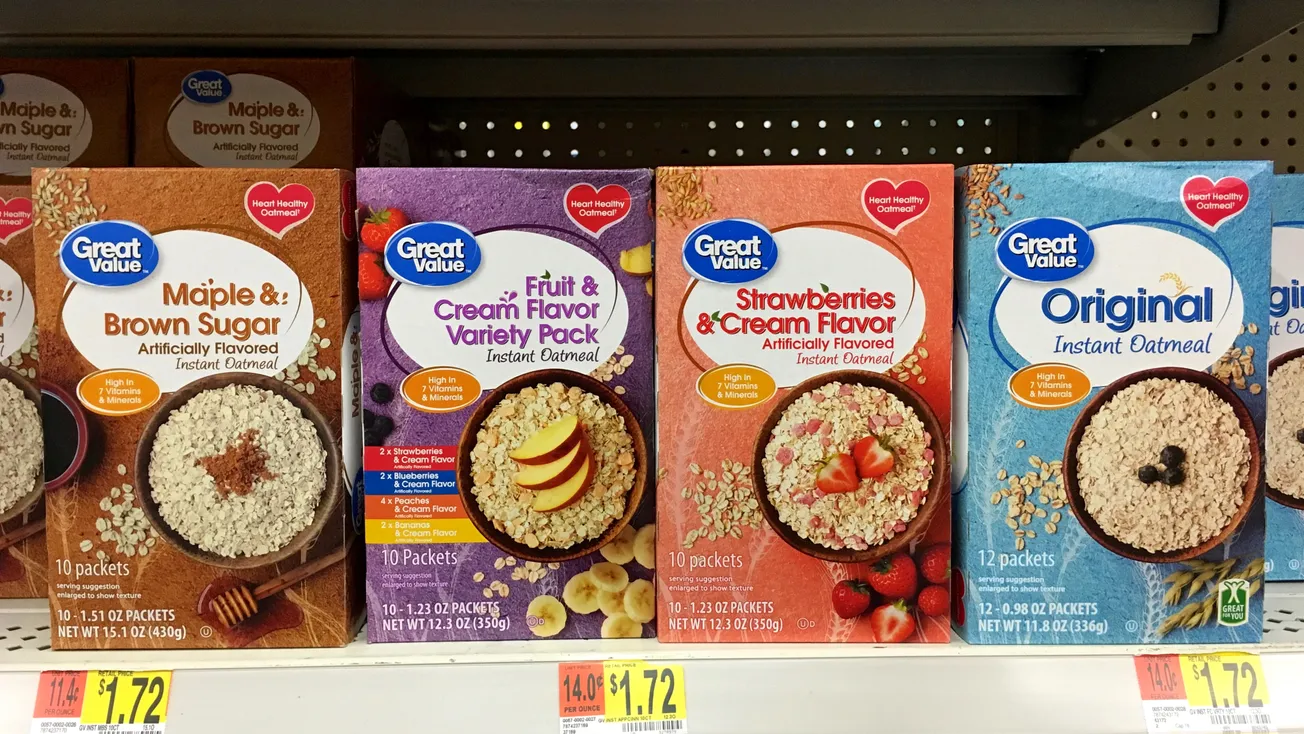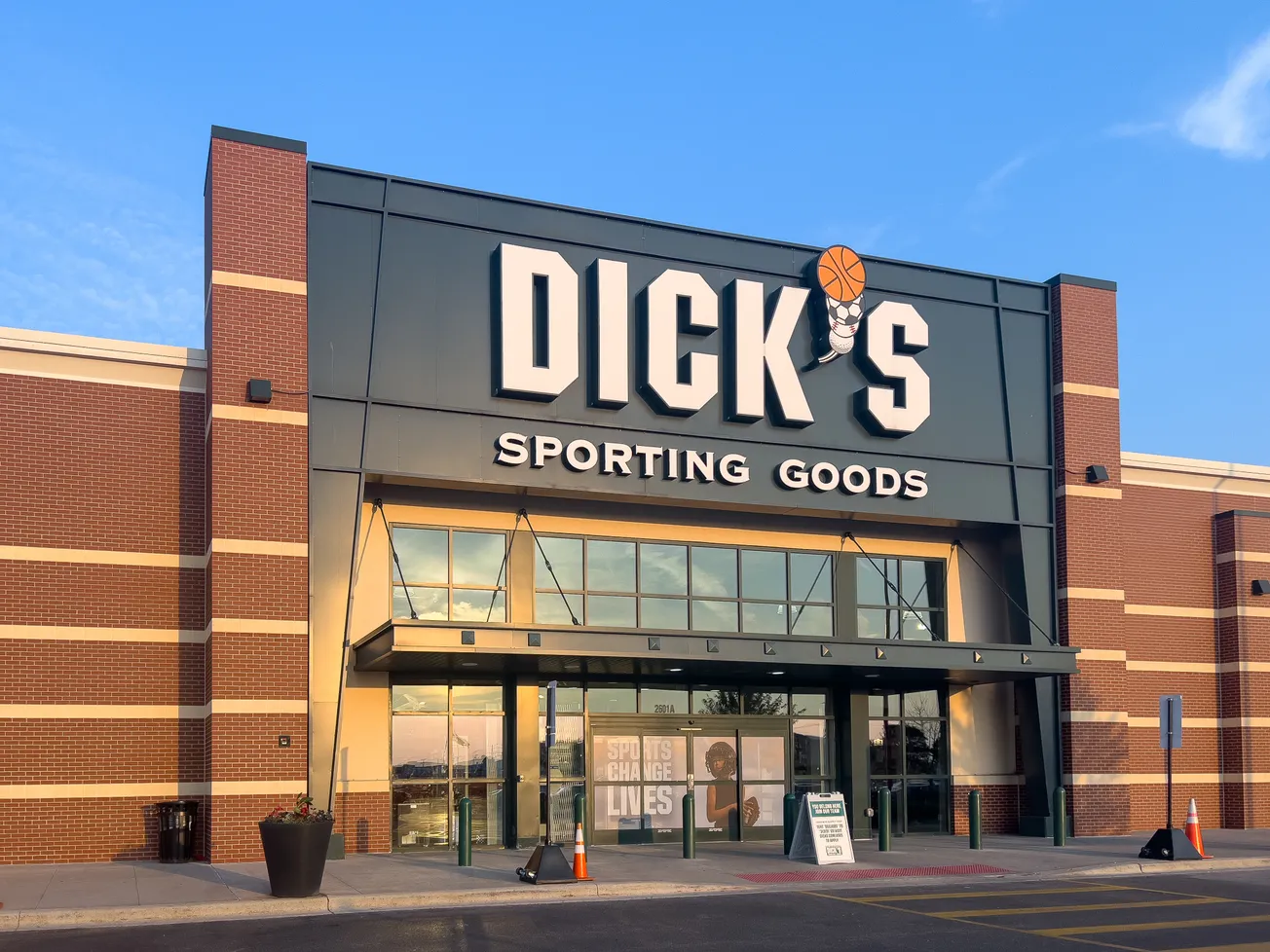Walmart Canada’s $6.5 billion investment plan to expand its footprint is the latest development in a rapidly shifting market in the Great White North.
On the other end of the spectrum, Peavey Mart, a long-established retailer specializing in agricultural and hardware goods, has announced the closure of all its stores.
Alongside these developments, both domestic and international retailers are making key moves to either enter or expand in the Canadian market, reshaping the industry’s competitive dynamics.
Walmart Canada’s $6.5 Billion Investment in Growth
Walmart Canada is investing $6.5 billion over the next five years in what the company is calling its largest-ever expansion in the country.
The initiative includes the construction of dozens of new Supercentres, renovations of existing stores, modernization of supply chains, and the sale of its fleet business to Canada Cartage to enhance logistics.
The initial phase of this expansion focuses on five new Supercentres in Ontario and Alberta, with additional locations expected to follow. The goal is to improve both the in-store and online shopping experience by enhancing fulfillment capabilities and distribution networks.
Why Walmart is Betting Big on Canada
Despite economic fluctuations, Walmart has identified Canada as a key growth market.
The company currently operates over 400 stores and employs more than 100,000 workers in the country. The investment will not only create new jobs but also improve service for Canadian consumers, who continue to rely on Walmart for low-cost groceries, general merchandise, and e-commerce solutions.
This expansion also aligns with Walmart’s broader North American strategy, as the retailer recently announced plans to open 150 new stores in the United States.
The company is leveraging AI and automation in its supply chain, adopting smart store technologies, and optimizing fulfillment operations to stay ahead of competitors such as Costco, Loblaw, and Amazon.
The Sale of Walmart Canada’s Fleet Business
As part of its restructuring, Walmart Canada is divesting its private truck fleet to Canada Cartage, a logistics provider.
This move allows Walmart to focus solely on retail operations while outsourcing fleet management to a specialist in the industry. It is expected that Canada Cartage will continue to service Walmart’s logistics needs, ensuring smooth deliveries to its expanded network of stores and warehouses.
This shift mirrors similar moves by major retailers who seek to reduce capital expenditures on fleet ownership and instead partner with third-party logistics firms for improved efficiency.
This $6.5 billion investment builds on Walmart Canada’s ongoing modernization initiatives.
In November 2023, Walmart unveiled its first "Store of the Future" in Mississauga, Ontario, as part of a $1 billion investment plan. The new store format focuses on frictionless checkout, automation, and AI-powered restocking systems. More than $300 million has already been spent on store remodels, ensuring that existing locations keep pace with changing consumer expectations.
Peavey Mart’s Closure: A Blow to Canadian Rural Retail
While Walmart is expanding, another major Canadian retailer is shutting its doors.
Peavey Mart, a chain known for supplying farm, hardware, and outdoor products, has announced the closure of all 90 of its stores, along with six MainStreet Hardware locations. The company filed for creditor protection under the Companies’ Creditors Arrangement Act (CCAA) on January 27, 2025, marking the end of an era for a brand that served rural and suburban communities across Canada.
Several factors contributed to Peavey Mart’s decision to close.
A drop in consumer spending, particularly in rural areas, has impacted sales, while rising operating costs, including higher rent and wages, have made profitability difficult.
Like many retailers, Peavey Mart struggled with inventory delays and increased shipping costs, as big-box retail giants like Walmart, Home Depot, and Amazon have put pressure on mid-sized specialty retailers.
Peavey Mart's closure raises concerns for Canadian farmers, homesteaders, and rural communities who relied on its diverse product offerings. While competitors like Home Hardware, Canadian Tire, and Rona serve similar markets, the loss of Peavey Mart removes a dedicated retailer that catered specifically to agriculture, pet care, and outdoor living.
The company has already begun liquidation sales, and employees at all locations have been notified. The closure will leave a significant gap in rural and small-town communities that depended on Peavey Mart for farm equipment, tools, and outdoor supplies.
Beyond Walmart’s growth and Peavey Mart’s closure, the Canadian retail market is experiencing broader shifts, including new international players entering the market and Canadian companies expanding abroad.
International Retailers Expanding into Canada
Despite challenges, Canada remains an attractive market for global retailers.
Several international brands have made significant entries into the Canadian market in recent months.
Paris-based luxury brand KUJTEN Cashmere is opening stores in major Canadian cities, targeting high-income shoppers.
A secret Kmart project has been unveiled in Vancouver, with Anko-branded products appearing in Hudson’s Bay locations, signaling an experimental discount retail comeback.
European grocery giant Lidl is rumored to be exploring expansion into Canada, posing a challenge to Loblaw, Metro, and Walmart in the discount grocery space.
Canadian Retailers Expanding Internationally
Canadian retailers are also making significant moves outside the country.
Asian grocery chain T&T Supermarket, owned by Loblaw, is opening a 76,000-square-foot store in Bellevue, Washington, catering to the growing demand for authentic Asian food products in the U.S. It’s the first US-based location for the chain.
Quebec-based Alimentation Couche-Tard has bid to acquire Seven & i Holdings, the Japanese owner of 7-Eleven. If successful, Couche-Tard would become a dominant force in global convenience retailing.
The Future of Canadian Retail
The Canadian retail landscape is in a period of transformation, with expansion, closures, and shifting consumer behaviors shaping the industry.
Walmart’s massive investment signals confidence in Canada’s retail potential, while Peavey Mart’s closure highlights the challenges facing mid-sized retailers. International brands are entering the market, and Canadian companies are looking abroad for growth, even as big-box retailers and e-commerce giants are making it increasingly difficult for mid-sized and niche retailers to survive.









